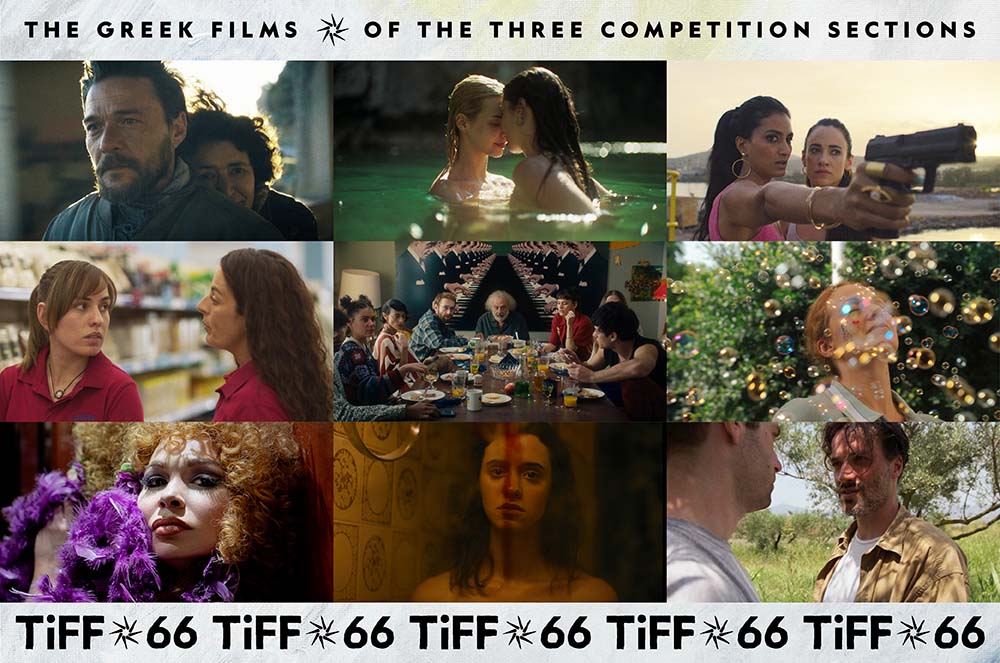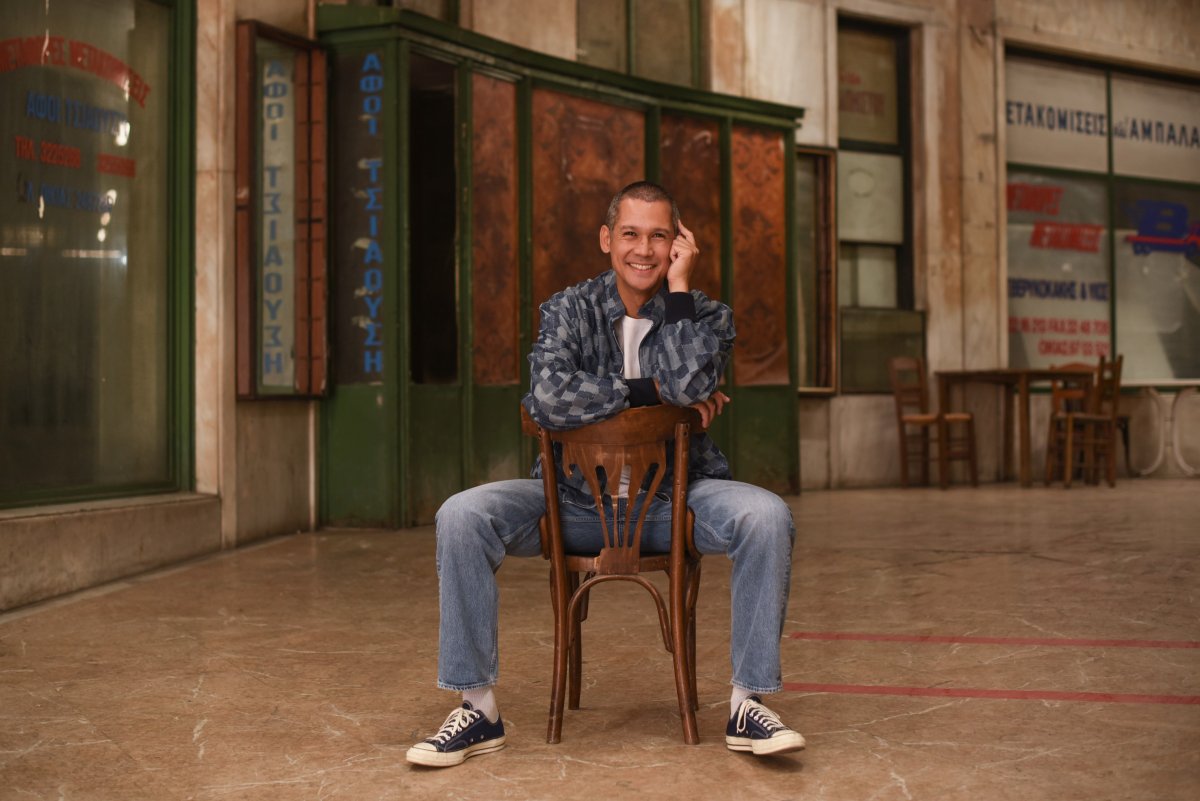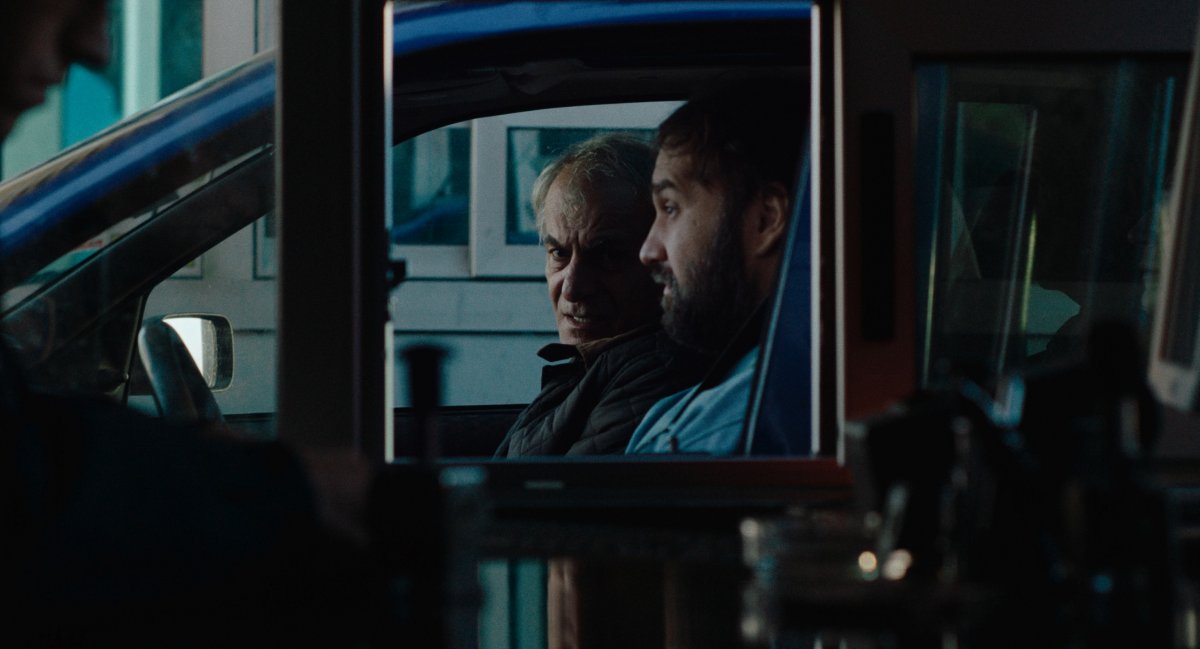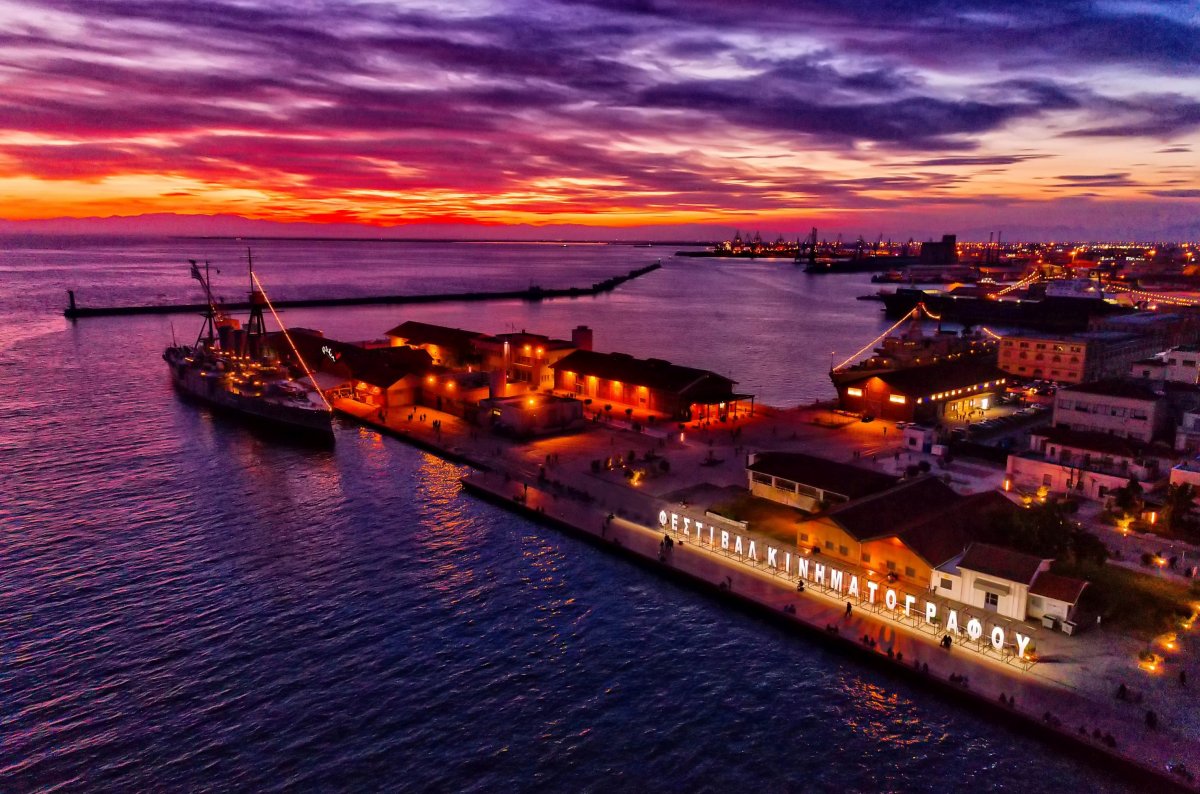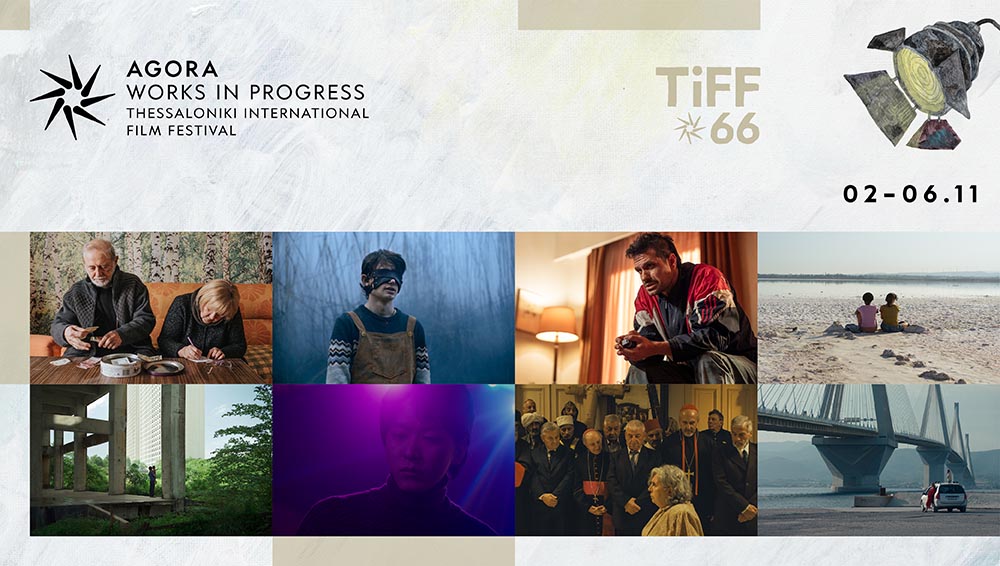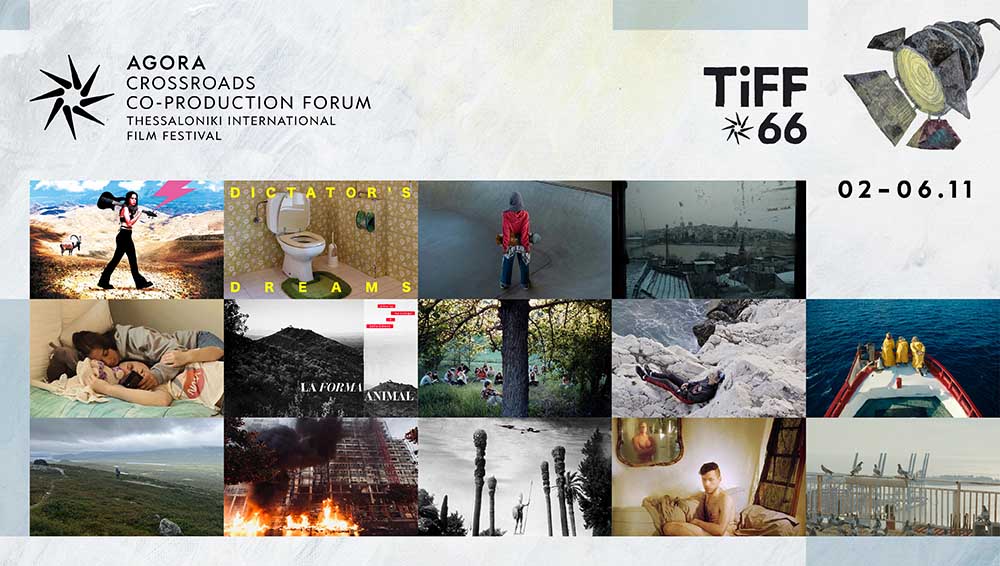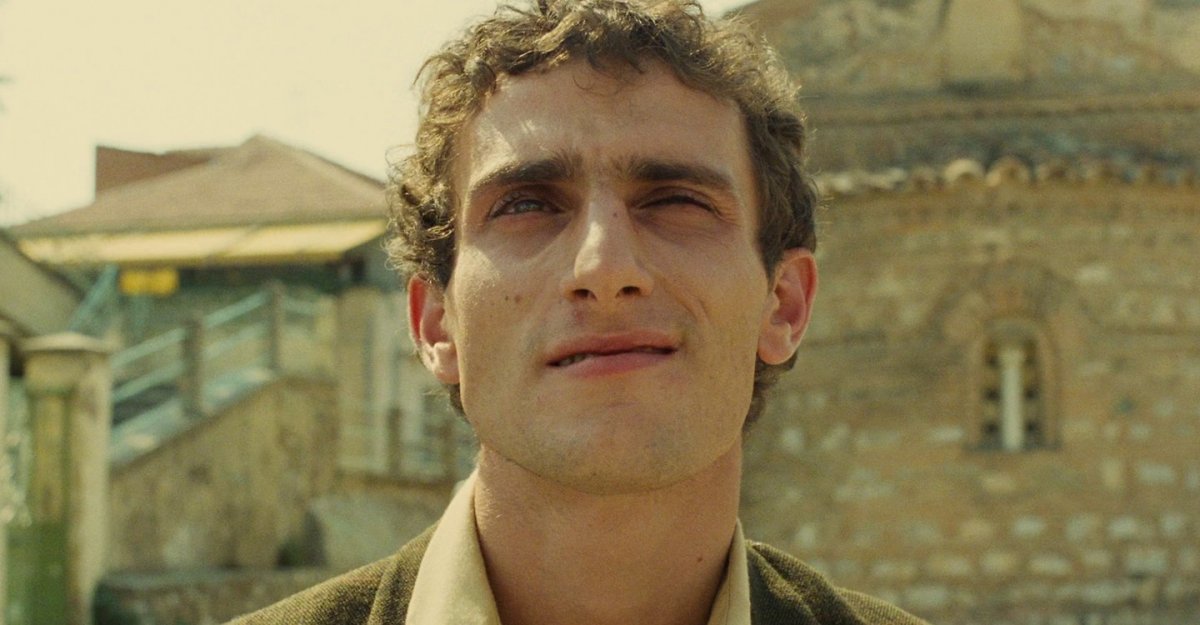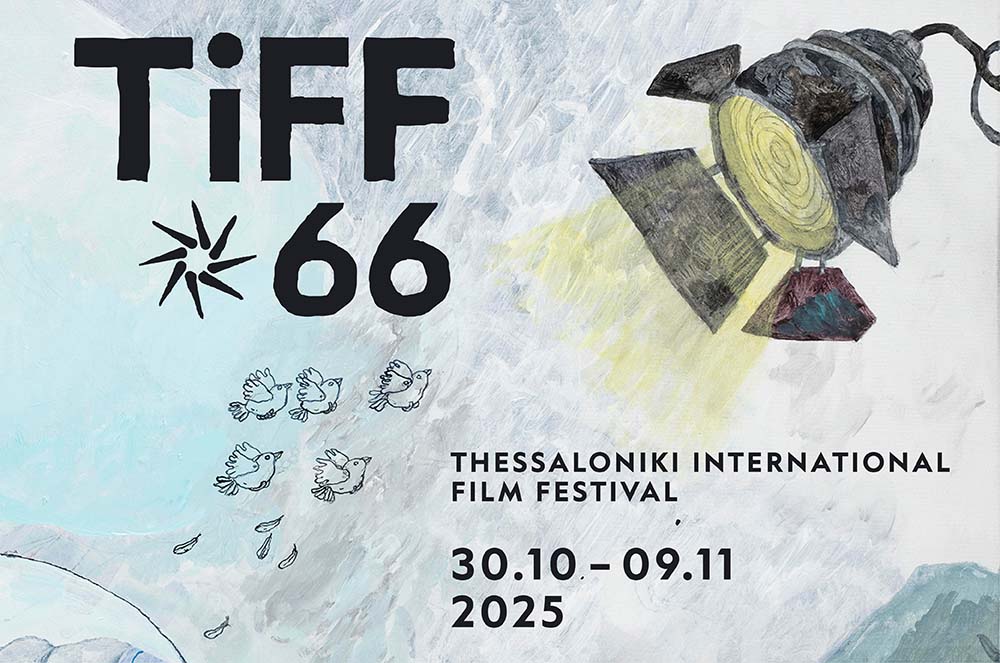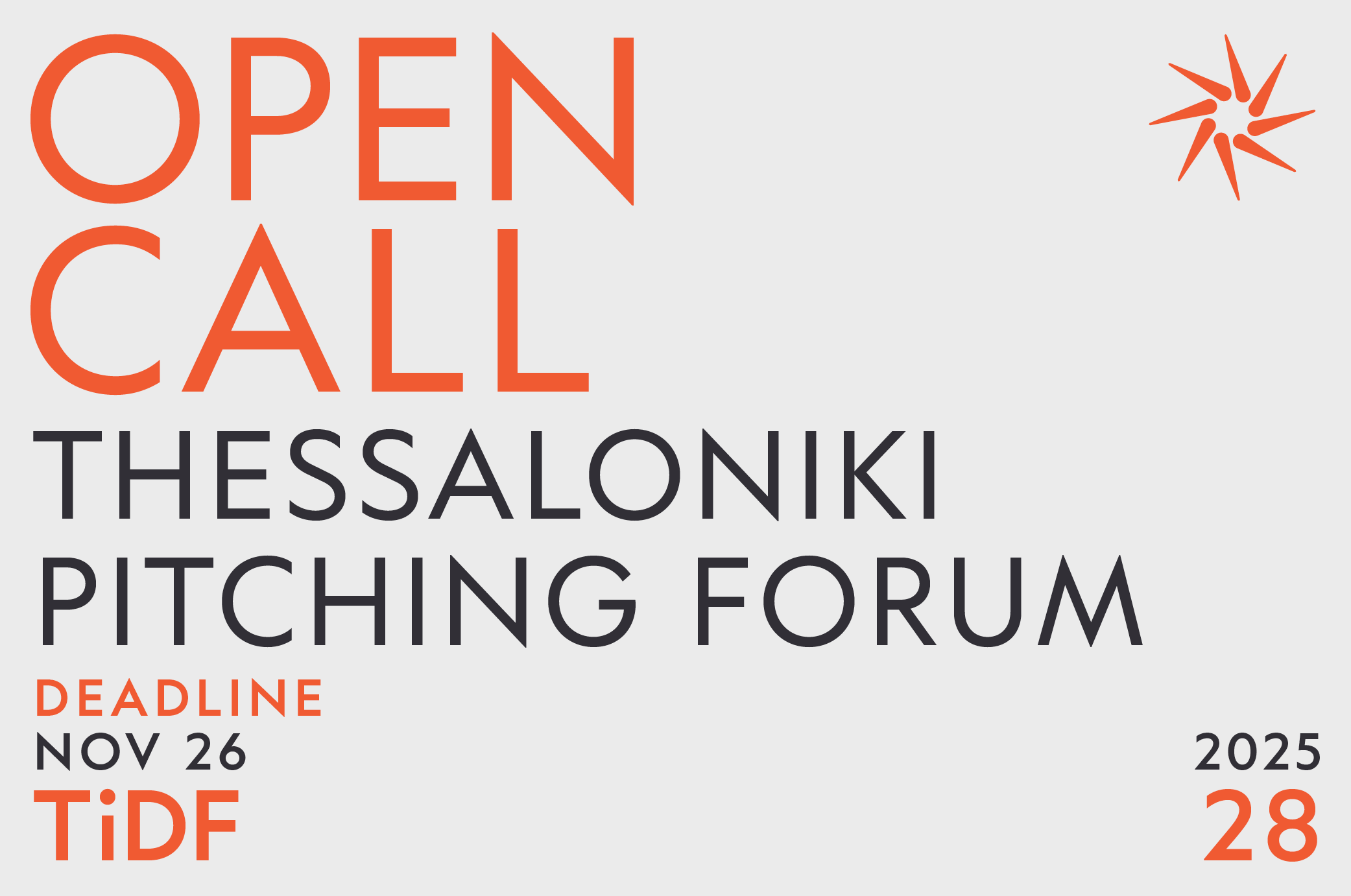PRESS RELEASE
FOCUS: COMMUNE 2008
For its third consecutive year, Focus, the thematic section of the Thessaloniki International Film Festival, presents a new and contemporary topic, Commune 2008. The Focus section, curated by film critic Konstantinos Kontovrakis, was inaugurated in the 47th TIFF with the Teenage Lust/Teenage Angst theme and investigated the subject of Contemporary Wars in the 48th TIFF. “The Focus anthology, with its annually varying subject matter, seeks the original in the year’s production, while exploring the manner in which cinema acts as a mirror for contemporary society”, stresses Festival Director Despina Mouzaki.
Through a selection of productions from 2007 and 2008, Focus: Commune 2008 investigates different types of contemporary subgroups: not the commune in its strict sense, but alternative systems of living and coexistence that often oppose society’s norms. The films of this year’s selection examine the need to belong to groups of diverse structures - even if these have to be created from scratch.
Delta by Kornel Mundruczo (Hungary / Germany, 2008), which won the FIPRESCI Prize at the 2008 Cannes Festival and the Grand Prize of the Hungarian Film Week, portrays the relationship between a brother and a sister, who, having met only later in their lives, develop an unusual relationship. The film -shot in the isolated, labyrinthine water landscape of the Danube Delta- depicts this unlikely couple fighting against the disapproval of its surroundings, while carving out its own small, self-sufficient world.
In Everything is Fine (Tout Est Parfait) by Yves-Christian Fournier (Canada, 2008), Josh, the teenage hero of the story, finds himself alone when his four best friends kill themselves in a suicide pact that left him out. In this honest depiction of the complexities of the teenage years, death and its repercussions are the unlikely bonds that unite Josh with his absent friends.
Salamandra by Pablo Aguero (Argentina / France / Germany, 2008) is Aguero’s debut feature, which premiered in the Directors’ Fortnight of the 2008 Cannes Festival. A young mother is trying to reconnect with her 6-year old son in El Bolson, an old hippy commune hidden in a Patagonian valley. El Bolson is a hideaway for the “fugitives of life”; its unsentimental depiction functions as an analysis of the hippy commune ideology as opposed to family bonds.
Les Paradis Perdus by Helier Cisterne (France, 2008, short), winner of the 2008 Prix Jean Vigo, offers a different viewpoint to the events of May 1968, seen through the eyes of a young Parisian girl. By escaping her overprotective bourgeois parents, who refuse to allow her to take part in the demonstrations, the film’s heroine runs off on a journey of discovery, only to find out that sometimes the rebellion of one is as significant as that of the many.
In Adhen by Rabah Ameur-Zaimeche (France, 2008), the director’s third film, Paris functions yet again as the setting of the story. The Arab and African workers in a French factory find themselves in a dilemma when their boss –nicknamed “Mao”- decides to build them a mosque, under the conditions that he himself will choose their imam. Between religion, ethnicity, male bonding and class distinctions, the protagonists of the story try to figure out where exactly they belong and what brings them together.
Glasses (Megane) by Naoko Ogigami (Japan, 2007), which won the Manfred Salzgeber Award in the 2008 Berlin Film Festival, is a bittersweet portrait of a middle-aged Japanese woman who discovers freedom on an unnamed Okinawa-like island. By leaving her stressful lifestyle behind and by establishing relationships with the island natives, Taeko, the protagonist, discovers that there ways to live she had never imagined, ways that are free of the societal conventions she has been used to all her life.
The Way I See Things (USA, 2008, international premiere), the debut feature of American director Brian Pera, follows a mournful young man whose boyfriend has unexpectedly died. Lying about his identity, he joins a commune “of lost souls” whose members are encouraged to take a spiritual journey of self-discovery. Between personal loss and puzzlement over the commune’s way of life, he will rediscover himself in a way that is different from the inhabitants’ new age methods.



